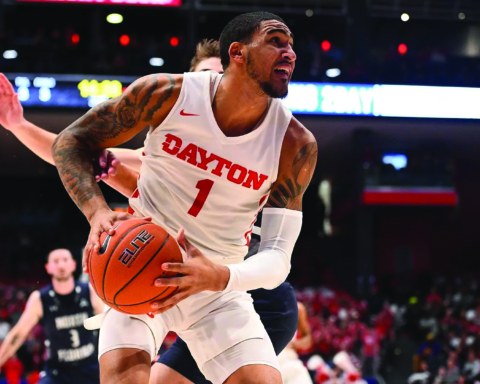Sports enthusiasts enchanted by the phenomenon that is March Madness were horrified by the horrendous injury sustained by Louisville’s Kevin Ware during his teams Elite Eight match up against Duke.
The fact that it happened in real time should serve to accentuate the audience’s appreciation of sacrifices that college athletes pay to play ball and enthrall the basketball faithful.
My heart goes out to Ware for bearing unimaginable pain with such fortitude, even with bone sticking out of his leg. The mishap must remind us, albeit serendipitously, of the human dimension of our deified athletes that most often tend to be regarded as mechanized entertainers with super-human qualities.
The moment immortalized by TV cameras underscored the enormous personal sacrifices student athletes pay to entertain us in March, make colossal amounts of money for their programs in post-season games and sustain the astronomic coaches’ bonuses.
One of the things that gets lost in the immediate aftermath of Ware’s heart-wrenching injury is his future post-injury struggles. It will be much easier to take care of his rehabilitation with a likely future as a non-athlete.
Athletes like Ware have spent their entire lives carving out a distinct identity as athletes. Transitioning from an athlete to focusing on becoming something else, should his injury rule him out entirely, is a battle that he will largely fight on his own.
It is easy to contemplate rehabilitation of physical injury, but we seldom think about constructing a new identity.
The fact of the matter is that with an injury like that, Ware may not be able to play ball again. Apart from the arduous journey to recovery, he has to toil to construct a totally new identity different from the distinct athletic identity he has had hitherto.
And this is where the challenge lies.
Even as sports enthusiasts wish Ware a quick recovery from his devastating physical injury and an easing of the debilitating pain, it would be ideal if he gets help in overcoming the deleterious pain of losing an identity and constructing a new one should it come to that.
-Willy Kipkemboi Rotich,
Assistant Professor, Physical Education








